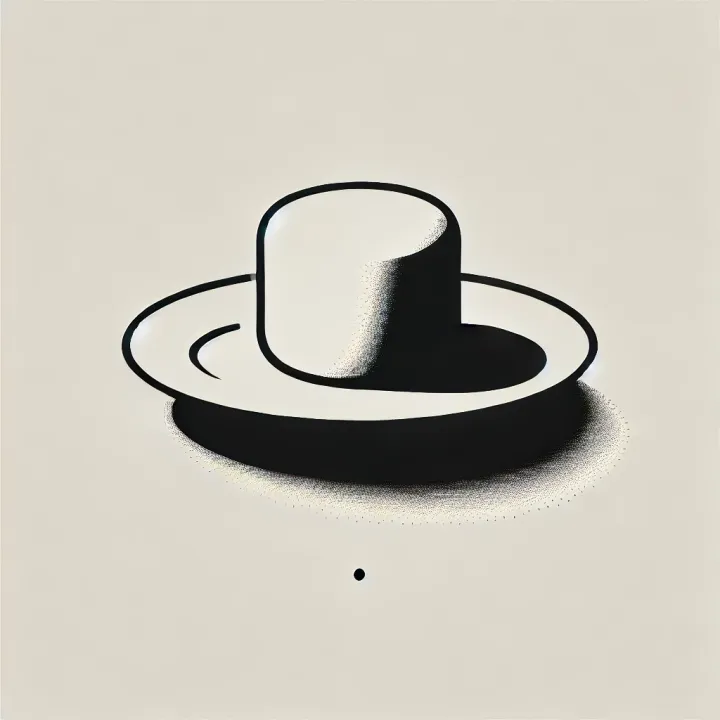Cultural Divide
In this exploration of identity and belonging, delve into the experiences of a first-generation Vietnamese American navigating family traditions, discrimination, and the path to self-acceptance in a diverse world
Culture - 1. a. : the customary beliefs, social forms, and material traits of a racial, religious, or social group. also : the characteristic features of everyday existence (such as diversions or a way of life) shared by people in a place or time. popular culture.
A Cultural Divide: Navigating Identity and Belonging
Growing up in a cultural divide, I found myself straddling two worlds - born in one culture and immersed in another. As a first-generation American, the daughter of Vietnamese war survivors who arrived after the war. I experienced a childhood steeped in traditional values and expectations.
My parents upheld the patriarchal structure, where my father's opinions held sway as the head of our household. My mother, in turn, taught me the virtues of subservience—cooking, cleaning, and maintaining a quiet demeanour. Obedience and perfection were paramount, instilled in us from a young age, shaping our perception of roles and worth.
Growing up was the same every day, while my mother cooked, and I helped, she would instil her ideas in me. She would tell me stories about how she came here because of the next generation. My parents left Vietnam to give their children a better future. It was my parent’s American dream that we all graduated college. “We came her for a better future for you.” they would constantly say.
Going to college was the ultimate success in my parent’s eyes to me it was the only gateway to freedom.
Outside the family
Growing up in the heart of Midwest America, I faced the challenges of being an outsider. Taunts and stereotypes based on my Vietnamese heritage was common, yet I internalised the belief that "good girls" remained silent in the face of such discrimination. The struggle for acceptance and belonging was a constant theme.
I would hear, the usual taunts down the hall people were yelling “Ching chong ching” at me while slanting their eyes. I got comments thrown at me like “Me love you long time” and people calling me a communist and “go back to your own country”. I was questioned about eating dog. The only I would do when this happened, was smile, nod. Suppressing any feelings or comments.
As with any child in school the only thing I yearned to be was to be accepted. I was looking for anything, that I could connect with but deemed impossible. On television, I looked for some kind of outlet of resemblance, relatability, from Dawson’s Creek to Gossip Girl to One Tree hill but the only thing I felt was the need to be like them. I believed that outside the midwest, what I saw on television was what existed. A reality far more interesting than mine, I felt a jealousy of wanting to be these characters.. The only character I ever related to was Lane Kim on Gilmore girls, hiding her life underneath floorboards.
My parents survived the Vietnam War. Nothing I ever experienced would ever compare to what they went through. I wasn’t running and hiding from bombs. I wasn’t looking for my next meal, because of a food shortage. I wasn’t in a refugee camp waiting out my fate. I wasn’t seeing dead bodies. I didn’t witness mothers leaving their children in the middle of the road. They were surviving while I wanted connection. There was no comparison.
University was Supposed to be my Freedom
The transition to university was supposed to herald a newfound freedom and acceptance. However, the reality was far from my expectations. Academic pressures, financial constraints, and the absence of a supportive community left me feeling adrift. Despite attempts to connect with the only group I thought I would have a connection with, the Vietnamese Student Association,I still felt like an outsider.
On the surface, I focused on superficial things such as money, possessions and beauty. All of the things they had but I did not. I was a poor college student, I was overweight. I didn’t have the name branded clothes or bags. While I was surrounded by other first Generation Vietnamese Americans. I found a way to disconnect myself. Again feeling like an outsider.
The Search continued
Between the cultural divide I experienced as a first generation American I felt two things.
- Never being able to uphold my parent’s expectations.
- Never truly being accepted because I’ll always be different.
It resulted in this constant voice repeating in my head. “I’m not good enough”
- I wasn’t good enough to be loved
- I wasn’t good enough to connect
- I just wasn’t good enough. Period
There came a time in my life, where I learned to let it go, the words and the feelings. It’s easier said than done, but it’s possible and a constant practice. Acceptance and belonging aren't about conforming to external standards but embracing your own self. Each of us carries unique experiences and perspectives. By coming together, we can break down barriers and foster a sense of unity and understanding building a world where everyone feels good enough. What are the words that constant in your heart that is keeping you from living your life?


